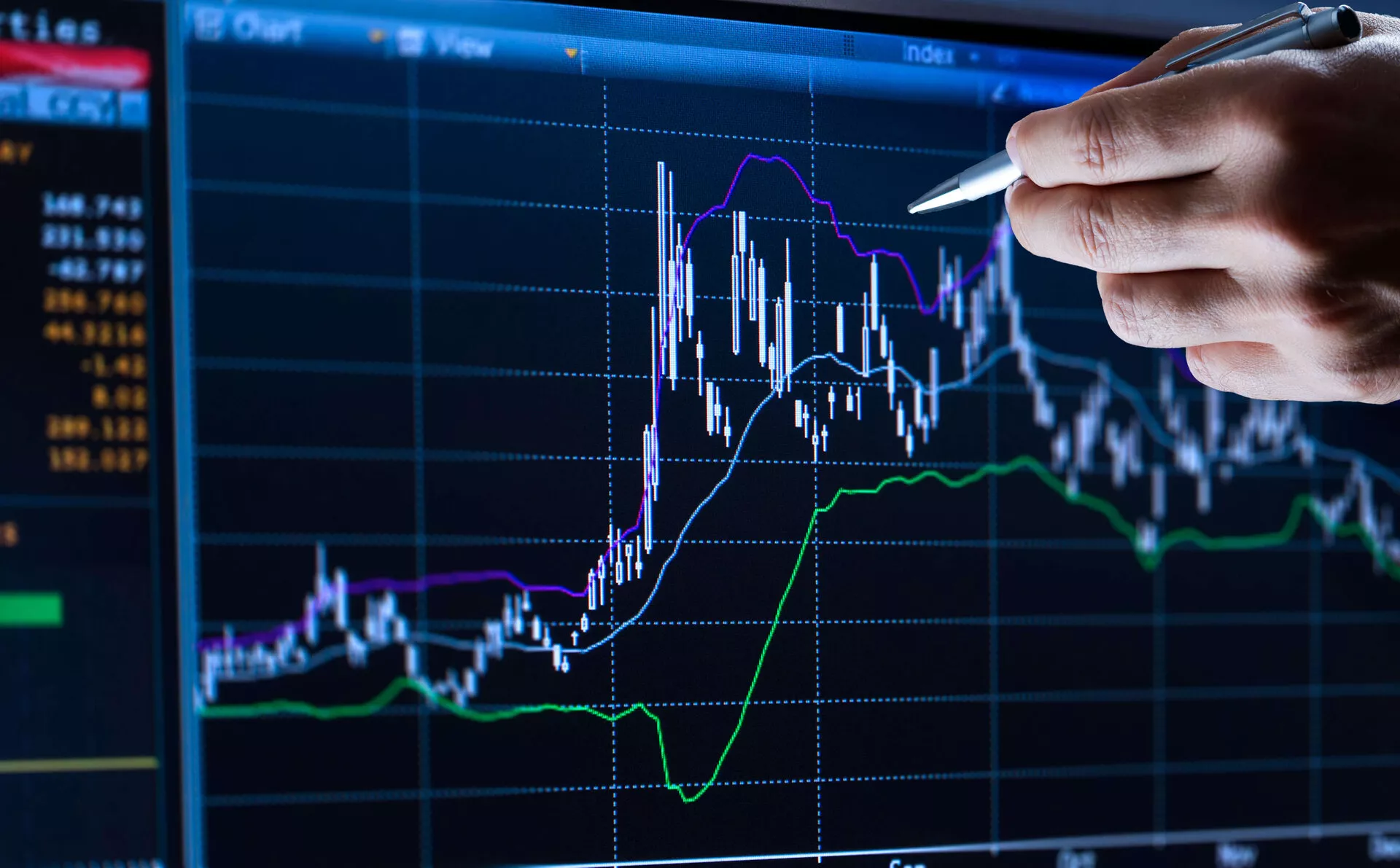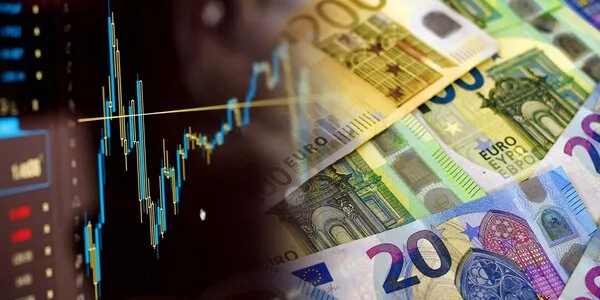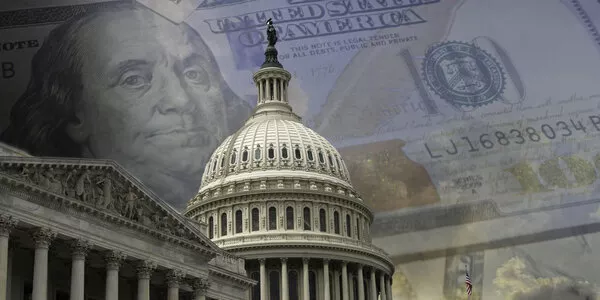
Weekly Update - The euro at 20: record is mixed but future could be brighter
Quick verdict on the single currency
Twenty years ago, on 1 January 2002, citizens in twelve European countries started using euro notes and coins. The transition went smoothly enough in the shops, but the currency has so far failed to match its creators’ hopes for economic, financial and political integration. Economic impacts have remained modest. A recent ECB study showed the single currency prompted an increase in exchanges of just 5% over the period. The financial impact has been a clear net negative. The euro zone crisis cast a glaring light on the still fragile foundations of financial integration, a vulnerability that persists to this day. As for politics, the euro has thrown up some serious divergences, particularly when it comes to fiscal discipline. So, as it stands, results look mixed. But the COVID crisis could mark a turning point in the euro’s fortunes toward a better future.
Less fragmented sovereign bond markets
The fragmentation of euro zone financial markets has eased, particularly since 2019, with a resurgence in private intra-zone investment flowing into the bond markets (see chart). A driving factor here has been the ECB’s increased willingness to weigh into the markets, helping reassure investors it will do what it takes to manage risks of market dislocation within the single currency. This has also helped bring down spreads between sovereign debt yields. Euro zone countries need to keep working on the projects to strengthen financial union, essential to keep capital flowing smoothly throughout the EU. Early announcements by the German government have been promising on the work that needs doing to complete the Banking Union, proposing a reinsurance system to replace the controversial proposal of a European deposit guarantee scheme. On a parallel track, states need to make progress toward Capital Markets Union to better channel Europe's ample stock of savings into productive investment.
Political stars may align in 2022
The euro zone has managed COVID especially well, taking strong and coordinated political action across states, in stark contrast with its handling of other recent crises. But the path to economic recovery remains rife with challenges, and the continent's emerging political balance will be key to overcoming them. We could see a new political balance emerge in the spring with a heavier tilt toward European integration. It could continue the spirit of greater unity forged in the heat of the COVID crisis in 2020, and pave the way for progress on fiscal and financial union. This could in turn be good news for the wider economy and particularly for equity markets, where prices still lag value.





